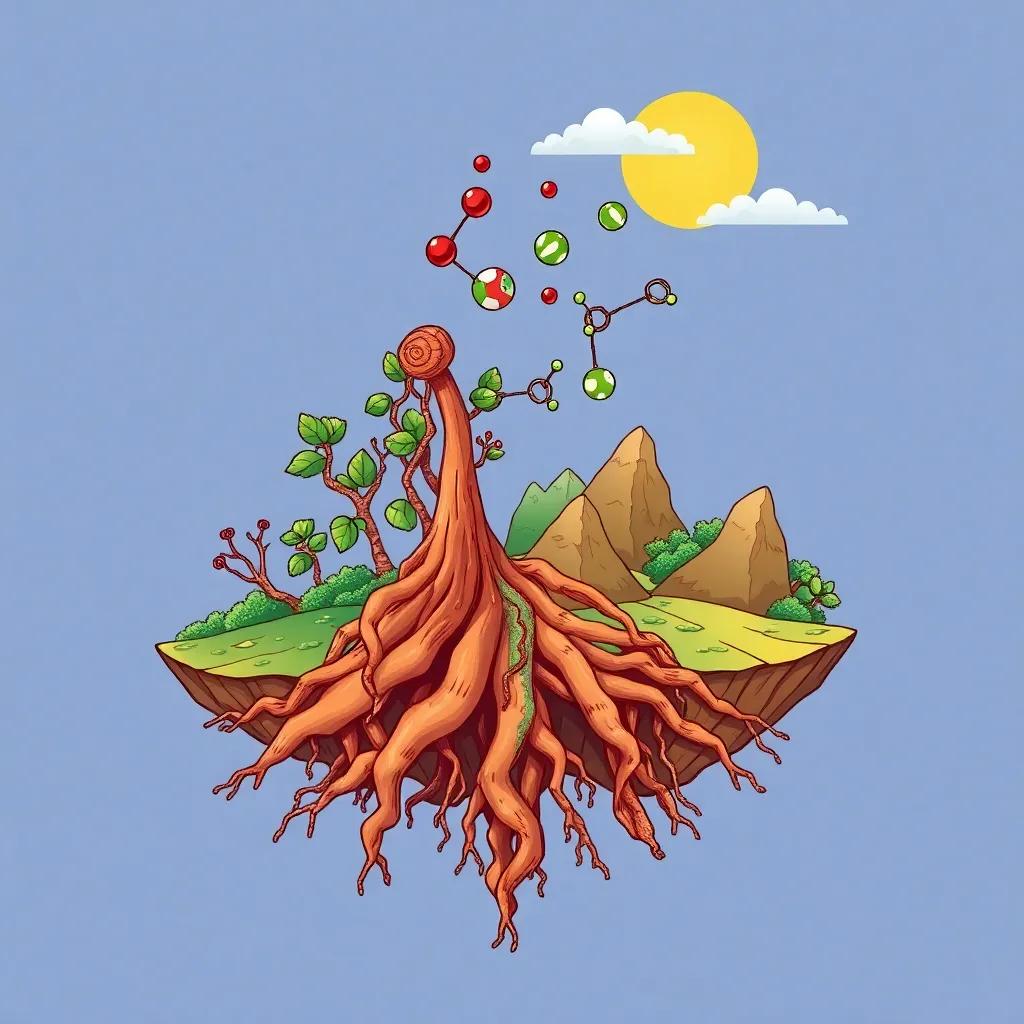New research reveals how climate variability affects CKR’s phytochemical profile, prompting calls for adaptive quality markers in China’s TCM standardization efforts.
Recent studies show regional climate patterns significantly alter CKR’s bioactive compounds, challenging existing quality assessment frameworks in China’s booming TCM industry.
Climate-driven phytochemical variability in CKR
The 2023 Journal of Ethnopharmacology study identified 17 key compounds in Curcumae kwangsiensis radix that correlate with therapeutic effects. However, follow-up research published in Phytomedicine (March 2024) revealed these markers show significant concentration fluctuations based on cultivation region and harvest year
, according to lead researcher Dr. Liang Wei from Guangxi Botanical Garden.
China’s State Council acknowledged this challenge in their June 2023 TCM quality guidelines, specifically mentioning the need for dynamic assessment models that account for environmental variables
. This comes as Guangxi province reports a 15% expansion in CKR cultivation areas, with new farms often located in marginal climatic zones.
Emerging solutions through integrated technologies
The WHO’s 2024 Traditional Medicine Global Compendium inclusion of CKR has accelerated international research collaborations. A joint Chinese-German team recently developed AI models that predict compound variations with 89% accuracy by analyzing 10 years of local weather data alongside metabolite profiles.
Professor Elena Schmidt from Munich Technical University notes: Our neural networks identified three previously overlooked terpenoids that serve as better climate-stable quality markers than the current standards
. These findings were presented at the 2024 International Symposium on Herbal Medicine Quality in Berlin.
Standardization challenges in practice
Pharmaceutical companies report increasing difficulties meeting China’s 2025 TCM standardization targets. Shanghai-based Sinopharm documented batch-to-batch variations exceeding 30% in curcuminoid content during 2023, directly correlating with unusual rainfall patterns in Guangxi.
The situation highlights a fundamental tension in herbal medicine – as Dr. Zhang Li of the China Academy of Chinese Medical Sciences explains: We’re trying to apply pharmaceutical-grade consistency standards to what are essentially agricultural products growing in changing environments
.




